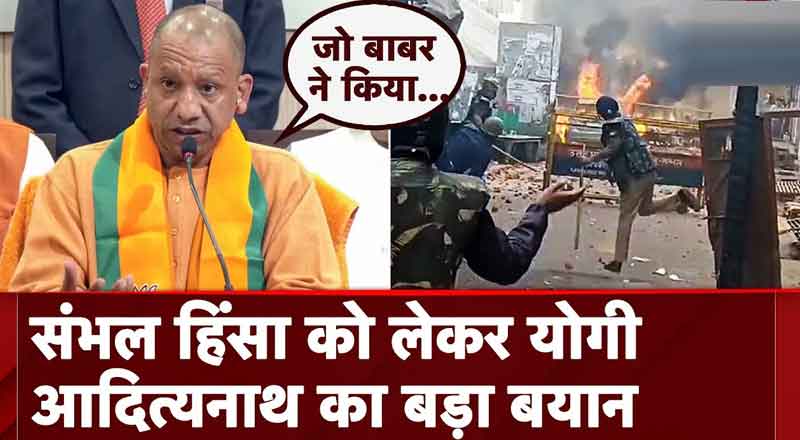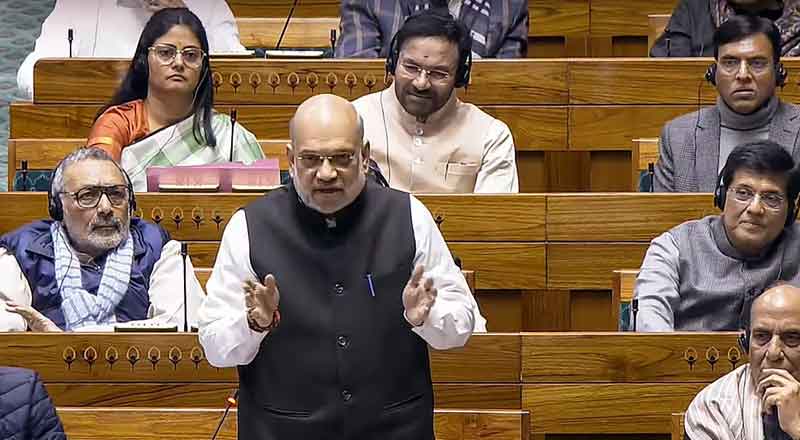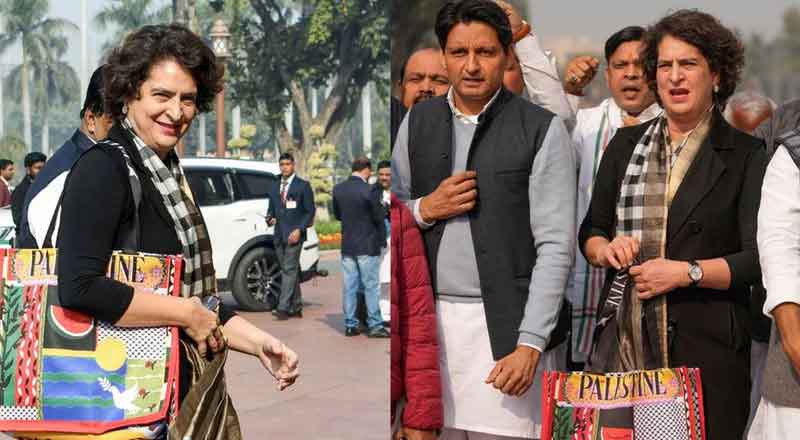New Delhi, June 21, 2024 – A Delhi court today extended the judicial custody of Delhi Chief Minister Arvind Kejriwal and another accused, Vinod Chauhan, until July 3rd in connection with a money laundering case related to the Delhi Excise Policy. Both individuals were presented before the court via video conferencing from Tihar Jail following the expiration of their previous judicial custody term.
Arvind Kejriwal was initially arrested by the Enforcement Directorate (ED) on March 21st as part of an extensive investigation. The case encompasses a total of 38 accused individuals, including former minister Manish Sisodia, highlighting the scale and complexity of the ongoing probe.
The judicial proceedings, held in a virtual format, underscored the court’s commitment to progressing the case efficiently while ensuring the safety and security of all parties involved. The extension of custody reflects the court’s assessment that further detainment is necessary as the investigation continues to unfold.
The money laundering case has drawn significant public and media attention, given the high-profile nature of the accused and the potential implications for governance and policy in the capital. The allegations relate to irregularities and corrupt practices in the formulation and implementation of the Delhi Excise Policy, a matter that has already seen several key figures within the Delhi administration come under scrutiny.
As the investigation proceeds, the Enforcement Directorate is expected to delve deeper into the financial transactions and policy decisions that underpin the charges. The involvement of multiple high-ranking officials suggests a potentially extensive network of illicit activities aimed at manipulating the excise policy for personal and political gain.
The court’s decision to extend the custody period for Kejriwal and Chauhan provides the ED with additional time to gather evidence, conduct interrogations, and build a comprehensive case. The extension also signals the judiciary’s acknowledgment of the case’s complexity and the necessity for thorough investigation.
In the meantime, the Delhi government continues to operate under the shadow of these serious allegations, with ongoing debates and discussions about the potential impact on administrative functions and public trust. The next court hearing on July 3rd will be closely watched, as it may offer further insights into the direction of the investigation and the future legal trajectory for those involved.
The developments in this case are poised to remain a focal point of public and media interest, as they encapsulate significant issues of political integrity, legal accountability, and governance





